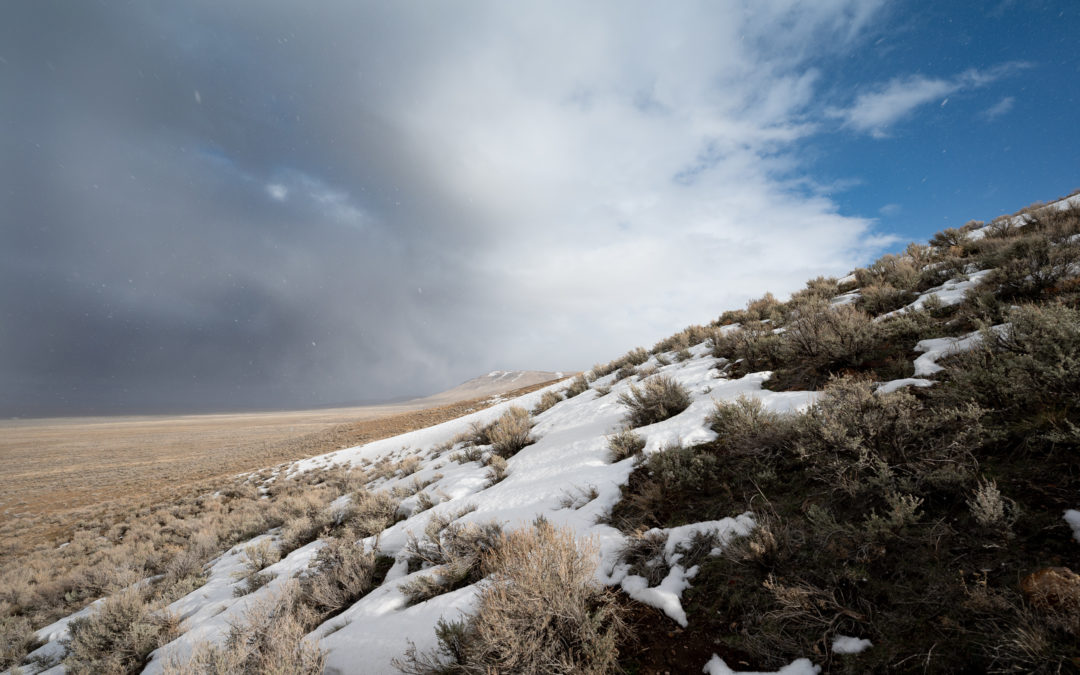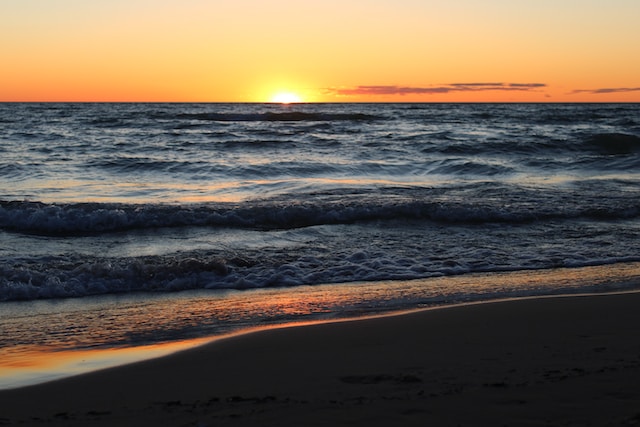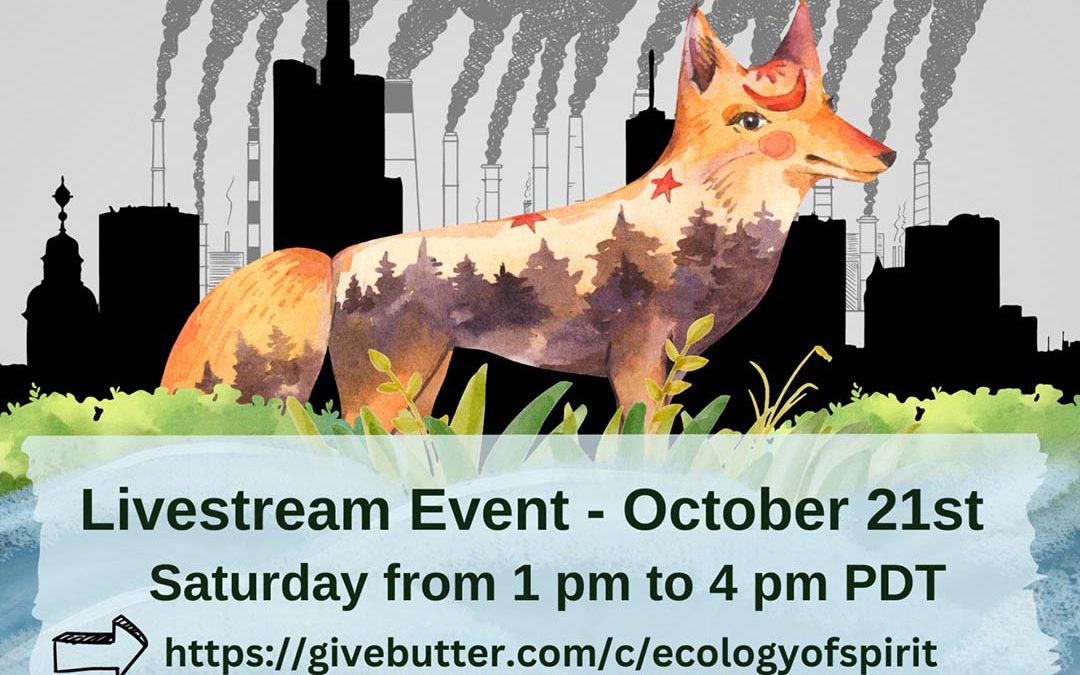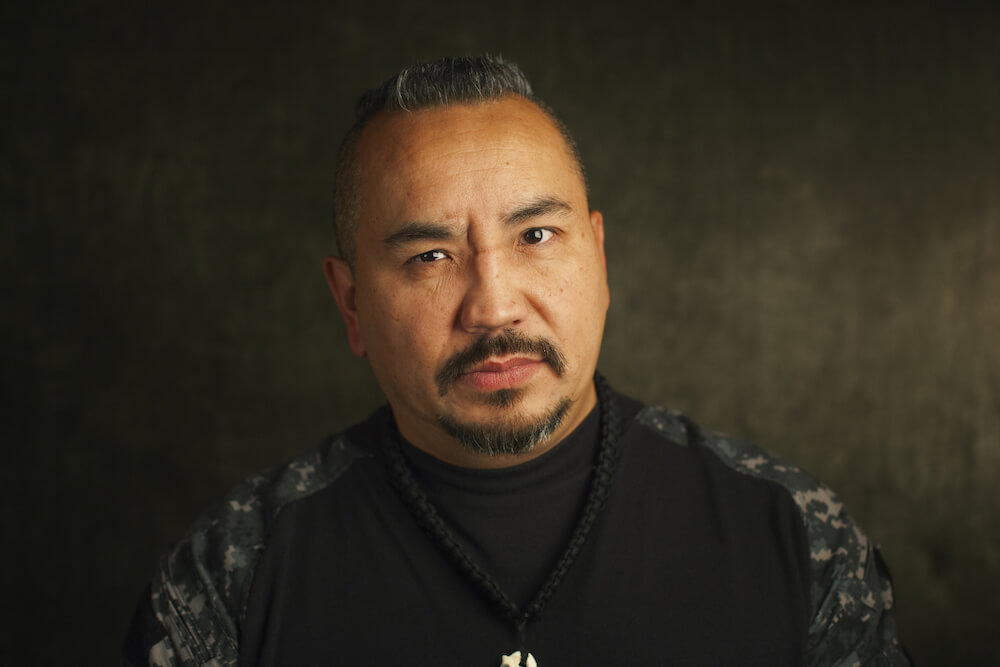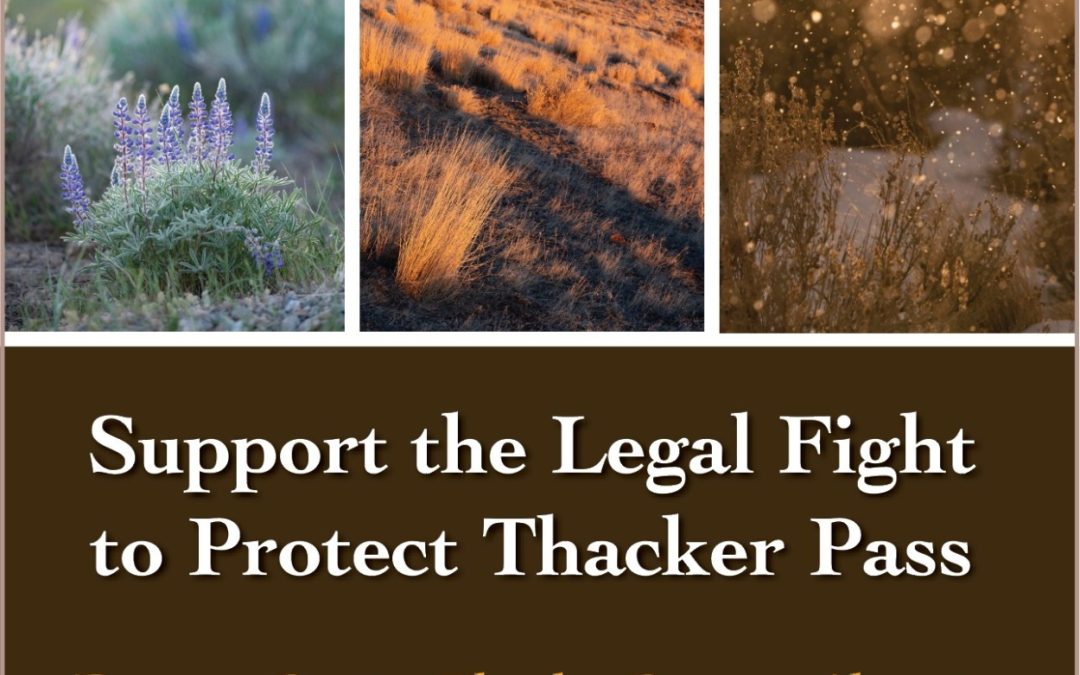
Failure of Ecopsychology
Editor’s Note: Ecopsychology emerged in early 1990’s as a beacon of hope for biocentrism. Unlike environmental psychology that looks at human psychology in the context of environment, ecopsychology looks at human psychology as part of and intricately connected to the Earth. It is based on the assumption that human mental wellbeing is related to planetary wellbeing. It highlights our interconnection with, not just other humans, but with the Earth and all other nonhumans.
After three decades of the emergence of the field, that hope has nearly diminished. While it has successfully introduced biocentrism to many, it has not been as successful in bringing material changes in the status of the natural world.
This article was originally published by Will Falk in early 2017. It is a call for radicalizing ecopsychology, for emerging ecopsychologists to go beyong changing “one heart at a time” to bringing material changes in the natural world to ensure planetary and human (and nonhuman) wellbeing.
Destruction of Experience
By WIll Falk/San Diego Free Press
I do not remember the first time I saw my mother’s face, though I know she remembers the first time she saw mine. It was the very beginning of my life, my birth. I do not remember the first time I saw my mother’s face, but, I do remember the first time I saw my mother’s face at what would have been the end of my life after I tried to kill myself.
This is what I’m thinking about as I hold my fifteen-month-old baby nephew Thomas while he falls asleep.
A soft darkness blankets the room. The curtains are tied back on either side of the room’s only window and the night pours in. A wet snow falls with the starlight in a sprinkling of silver and gray. A few nights before full and the moon is strong. Shadows flicker on the floor below the window. A pine whispers outside where the wind brushes powder from her branches.
His head is nestled between my chest and shoulder. I lean back into a wide chair, careful not to let my elbow bump the armrest and jostle Thomas’ little head. Thomas’ eyes are open as he watches the snow fall with me. In the spaces between the clouds, the sky is revealed as a deep blue. The moon’s glow gently pulls the blue down where it settles as the same color in Thomas’ eyes.
The snow sets a contemplative rhythm. As the flakes grow and the snow slows, Thomas’ eyelids become heavier until his eyes no longer stay open. I cannot decide whose rest is more peaceful: Thomas’ or the snow’s. In the stillness, holding Thomas close, I feel two heartbeats. Mine is slower and heavier, while Thomas’ is gentler, quicker. Once in a while, the beats sync together and it feels like a chord plucked far away strikes us gently, runs through us, and echoes on.
Outside, the falling temperature is indicated by fog growing on the corners of the window. Inside, I feel the familiar warmth that grows in my chest whenever I hold Thomas. It’s not just Thomas’ small heat emanating through his pajamas and his favorite blanket into my body.
The warmth’s source is gratitude. Holding Thomas like this, listening to the smallness of his breaths and the gentleness of his heartbeat, I recognize the way Thomas is wholly dependent on those who love him for his life. First, his body was nurtured for nine months in his mother’s body. After his birth, he required his mother’s milk for sustenance. As he grows, he needs his mother, his father, and all those who love him to feed him, to clothe and bathe him, to provide shelter, to attend to any illness he experiences, and to make sure he has hands to fall into now that he climbs everything his strength will allow. Right now, he needs me to provide his nightly bottle, to hold him close and steady as he falls asleep, and then to lay him down in his crib.
Thomas teaches me about my own dependence. The warmth I experience holding Thomas bonds me to him. This connection makes threats to his well-being threats to my own. If he is hurt, I will be hurt, too. Feeling this warmth and understanding the connection forming, I feel I am participating in an ancient emotional ritual. One of the circles of life is completed in this experience. I know, now, what my mother must have felt holding me. The humility in the feeling is staggering.
I wish nothing would ever disturb this little creature asleep in my arms. I wish he could live his whole life laughing like he does when his hands find a new texture they’ve never experienced before. I wish he could live his whole life the way he dances in a style completely lacking self-consciousness anytime music becomes audible. I wish he could live his whole life confident that a loved one will envelop him in a sincere embrace whenever he reaches out for one.
There is horror in my wish. I know no one who has ever loved a child could guarantee the child’s total safety. But, in today’s world where we are poisoning our water, making our air nearly unbreathable, burning our soil at dizzying paces, and irreversibly altering our climate, children born today may find their homes unlivable when they reach my age. In fact, generations of children born in the colonies and sacrifice zones have already found their homes unlivable.
I think back to the worst two days of my life. They weren’t the two days I tried to kill myself. They were the two days after when I sat across from my mother, trying to meet the sky’s dusk blue in her eyes, while I explained to the woman who sacrificed so much to give me life why there was nothing more she could have done to prevent me from trying to take that life.
While I am holding Thomas, I cannot stop the visions of his future from forming. Feeling the love I feel for him right now, I cannot imagine the pain I would feel if he sat across from me, head bent under the invisible weight of despair, as he explained how there was nothing I could have done to stop the major depression he experiences. And in my memories of my mother and visions of Thomas’ potential future, I recognize the truth: Even if we succeed in keeping our children physically safe, in this time of ecological collapse we cannot shield their souls from the psychological effects of the destruction.
***
We live in a hell where our very experience is being destroyed.
Ecopsychology was supposed to lead us out of this hell. It was going to do this by bringing together ecology and psychology to attack the illusion that we are fundamentally isolated from each other, the natural world, and ourselves. Theodore Roszak cites a 1990 conference held at the Harvard-based Center for Psychology and Social Change entitled “Psychology as if the Whole Earth Mattered” as one of the seminal events in the new ecopsychology movement. The ecopsychologists gathered there summed up one of ecopsychology’s defining goals: “if the self is expanded to include the natural world, behavior leading to destruction of this world will be experienced as self-destruction.”
A few years later, in 1995, the term “ecopsychology” entered the popular lexicon with the publication of a collection of writing by psychologists, deep ecologists, and environmental activists titled, “Ecopsychology: Restoring the Earth, Healing the Mind.” In what would become a foundational text in ecopsychology, Lester R. Brown, author and founder of the Worldwatch Institute and the Earth Policy Institute, provided an introductory piece, “Ecopsychology and the Environmental Revolution: An Environmental Foreword.”
Brown’s excitement was so high, he predicted “a coming environmental revolution” and wrote, “Ecopsychologists…believe it is time for the environmental movement to file… a ‘psychological impact statement’. In practical political terms that means asking: are we being effective? Most obviously, we need to ask that question with respect to our impact on the public, whose hearts and minds we want to win over. The stakes are high and time is short.”
If we use the 1990 conference as a beginning, ecopsychology has had 27 years to teach “Psychology as if the Whole Earth Mattered.” It has had 27 years to answer Brown’s question, “are we being effective?” It has had 27 years to win over the hearts and minds of the public. And, the stakes are only higher, time is only shorter.
Ecopsychology has failed. Ecologically, the diversity of life around the world is worse off with the rate of species extinction only intensifying in recent years. Psychologically, the rate of mental illness is even worse than in the 90s. And, as far as the “hearts and minds of the public”? Well, close to 63 million Americans just elected a climate change denier to the most powerful political position in the world.
Ecopsychology’s failure stems from an unwillingness to carry the material implications of the very insights ecopsychologists have made to these implications’ logical conclusion. These insights can be distilled into a few, potent premises.
***
I. The human mind originates in its experiences of its environment. In other words, the human mind is experiences of environment.
What do I mean by “environment”? For my purposes, the environment is the sum of all relationships, conscious and unconscious, physical, emotional, and spiritual, creating our lives.
Some of these relationships are as obvious as the sun’s heat, the moon’s pull, and the stars’ mysteries. Some of these relationships need no explanation: the nearness of your lover’s body, the taste of ripe blackberries, the sound of an elk bugle over the next ridgeline at dusk. Some of these relationships are as widely-studied as our dependence on our mothers’ bodies in the earliest stages of our development, as the dominance abusers gain over the abused, and as the influence modern advertising has on our desires. Some of these relationships – like the ones lost with the disappearance of hundreds of species daily, like the disintegration of connections with our ancestors, like the inability to make any sense of our dreams – have been ignored by the dominant culture for far too long.
One of the defining characteristics of ecopsychology, is a rejection of Descartes’ “I think, therefore, I am.” Ecology, recognizing that life is sustained by countless connections between living beings, replaces Descartes’ statement with “We relate, therefore, we are.” James Hillman articulates this rejection as a demonstration of the “the arbitrariness of the cut between ‘me’ and ‘not me’” that has dominated civilized thought for the past 4 centuries.
Out of this rejection comes the necessity for what Anita Burrows calls an “expanded view of self.” Drawing on her clinical experience with children, in her essay “The Ecopsychology of Child Development” Burrows argues, “If we see the child inextricably connected not only to her family, but to all living things and to the earth itself, then our conception of her as an individual, and of the family and social systems in which she finds herself, must expand.”
It is here that we first encounter implications that ecopsychology has proven unwilling to respond to. What do we find when we expand our vision of self to include “all living things and to the earth itself”? We find all living things under attack and the earth threatened with total collapse.
***
II. Human behavior originates in the human mind. So, human behavior originates in experiences of environment.
The origination of human behavior in the mind is neither new nor controversial. The origination of human behavior in experiences of environment is also largely accepted in mainstream psychology as long as that environment is limited to human social interaction.
Radical psychologist R.D. Laing, whose work brilliantly describes the alienation infecting Western humanity, succinctly explains the situation in his work The Politics of Experience, “Our behavior is a function of our experience. We act according to the way we see things.” Laing illustrates the importance of human relationships in our conception of self, “Men can and do destroy the humanity of other men, and the condition of this possibility is that we are interdependent. We are not self-contained monads producing no effects on each other except our reflections. We are both acted upon, changed for good or ill, by other men; and are agents who act upon others to affect them in different ways.”
Laing, for all his wisdom, examines only a small part of the environment producing the human mind. We can correct his vision and come to a deeper understanding of the human psyche if we accept the definition of “environment” I created above. Expanding Laing’s conception of self, we can re-write his analysis as: Humans can and do destroy the relationships sustaining life, and the condition of this possibility is that we are interdependent on countless connections. The natural world, which includes us, is both acted upon, changed for good or ill, by the totality of these connections. Our environment, whether it is a healthy natural community or an artificial human one, acts upon others to affect them in different ways.
***
III. Changes in experiences of environment lead to changes in human behavior. Healthy experiences of environment produce healthy behavior. Unhealthy experiences of environment produce unhealthy behavior.
This premise is Paul Shepard’s thesis in Nature and Madness. Beginning with the question, “Why does society persist in destroying its habitat?”, Shepard blames the physical destruction wrought by civilization and the way this destruction influences human ontogeny. A primary strength of Shepard’s analysis is the way he removes human destructiveness from abstractions like greed or evil and places them in concrete processes like biological development. In doing so, he robs those who blame human nature for the destruction of the planet of their excuse for inaction. He also pulls the rug from under ardent liberals who claim we need transformations of human hearts and that the best way to achieve these transformations is through therapy, education, and one-heart-at-a-time crusades.
Shepard blames the knowledge and human organization developed by civilization claiming it “wrenched the ancient social machinery that limited human births” and that “it fostered a new sense of human mastery and the extirpation of non-human life.” This resulted in not just psychopathic individuals, but in psychopathic cultures. Psychopathic cultures produce psychopathic individuals who, in Shepard’s words, heedlessly occupy “all earth habitats,” who physically and chemically “abuse the soil, air, and water,” who cause “the extinction and displacement of wild plants and animals,” and who practice “overcutting and overgrazing of forest and grasslands.”
Healthy human behavior, for Shepard, will only be achieved, then, by a return to the global existence of human hunter-gatherer societies. In doing so, we will return to a way of life in “which our ontogeny has been fitted by natural selection, fostering cooperation, leadership, a calendar of mental growth, and the study of a mysterious and beautiful world where the clues to the meaning of life were embodied in natural things.”
***
IV. Human behavior is destroying the environment. Destroying the environment produces unhealthy experiences of the environment which, in turn, produce unhealthy human behavior.
I am writing this looking out the glass windows of a coffee shop separating me from the reality of a -8 degrees Fahrenheit temperature in Park City, Utah. I can see the digital numbers on the coffee shop’s thermostat: 73 degrees.
I consider what lets me sit here, in comfort, while ten feet away, on the other side of the window, the air would cause the skin on my knuckles to crack and bleed. The energy required to keep this room warm is produced by burning a combination of natural gas sucked from beneath the earth’s surface where it played an integral role in forming the earth’s skin and coal formed by the decomposing remains of ancient forests ripped from wounds in the land. The combustion of the natural gas and coal produces great heat, but it also produces poisonous fumes that trap the earth’s heat in and melt polar ice caps, disturb rain patterns, contribute to species extinction, and threaten life with total collapse.
The glass, wood, aluminum, and steel that forms the wall between reality and me, and holds the warmth in, also allows me to focus my attention on the artificiality of my computer screen. For most of the morning, I am unaware of the gold flickering with the communion of the winter sun on frozen pine branches. I do not see the crystal purity of the cold blue sky. I cannot rejoice in the magic moment water freezes in mid-air to sparkle in a twisting sheen with the breeze.
I am also ignorant in the warning pain caused by cold. Without the sacrifice of the gas and coal, without the theft of the wood and minerals needed for the glass, maybe Winter’s voice would be too stern to withstand. Maybe, the cold is a command to humans to forsake the heights where the region’s pure waters collect. Maybe, the chill is telling us we are too clumsy, too awkward not to foul the waters that will support all of life here through the spring, summer, and fall.
In short, the destruction that produces my comfort allows my narcissism and encourages my apathy, while I continue to contribute to the destruction.
***
V. The cycle of violence perpetuates itself over generations and intensifies as unhealthy experiences of environment become the norm for most humans.
Freud asked, “If the development of civilization has such a far-reaching similarity to the development of the individual and if it employs the same methods, may we not be justified in reaching the diagnosis that, under the influence of cultural urges, some civilizations – or some epochs of civilization – possibly the whole of mankind – have become neurotic?”
It is not the “whole of mankind” that has become neurotic because there exist, and always have existed, original peoples who live in balance with their land bases. But, civilization itself, is insane. Derrick Jensen defines civilization as “a culture—that is, a complex of stories, institutions, and artifacts— that both leads to and emerges from the growth of cities, with cities being defined—so as to distinguish them from camps, villages, and so on—as people living more or less permanently in one place in densities high enough to require the routine importation of food and other necessities of life.”
Civilization is insane because the civilized strip their land bases of the physical possibility of life. As civilization spreads, it leaves an ever-widening circle of destruction. The human minds that develop in this circle of destruction, have had their experience destroyed, and carry their destruction with them to destroy more lands. Each successive generation exists on lands more impoverished than the preceding generations experienced. The environmental catastrophe confronting us is the result of this insane cycle.
***
VI. The environment is finite. Eventually, humans will destroy the possibility of experiences of environment.
The relationships creating our lives can be diminished. Loved ones die, rivers run dry, mountaintops removed, and species lost forever. While this process intensifies, the first thing that happens is the diversity of our relationships is destroyed. To borrow Richard Louv’s phrase, we begin to suffer from “nature-deficit disorder.” As humans proliferate and “heedlessly occupy all earth habitats,” most human relationships become relationships with other humans.
R.D. Laing wrote, “If our experience is destroyed, our behavior will be destructive. If our experience is destroyed, we have lost our own selves.” If we expand Laing’s definition of “experience” to include non-human relationships, then we begin to see that not only is our experience destroyed, but the very possibility of experience is threatened.
The material world makes experience possible. Quite simply, without flesh to compose our bodies and brains, without water to carry nutrients to our bodies and brains, without minerals to facilitate electrical impulses, we cannot experience. As we destroy more topsoil, irreversibly alter the climate, and poison the world’s water supplies, we come ever closer to the moment flesh cannot grow, water is transformed from life-giver to death-bringer, and minerals are all trapped in steel beams rusting where they collapsed under civilization’s gluttonous weight.
***
VII. We must change human behavior. To change human behavior we must change human experiences of environment.
Medicine tells us that prevention is better than cure. And, eradication of illness is the ultimate prevention. Ecopsychology provides the map for the eradication of the psychopathology currently affecting civilized culture. If we want to prevent this psychopathology from infecting and destroying future generations of human and non-human life, we need to fundamentally alter the sick, disappearing, human-centric environments human minds are currently formed in. We must physically dismantle civilization to give the natural world a chance to heal and truly sustainable human cultures to thrive across the planet once more.
I’ve written several essays, now, making this same point and I’ve received a lot of feedback. Few people disagree with me, but I’ve been very disheartened to learn that many of my readers take my call to dismantle civilization as essentially an internal process. I’ve had writers tell me we need to “re-wild our minds” (as if that is possible without re-wilding the environments producing our minds), we need to grieve planetary and species’ destruction (and while we are grieving more of the planet is destroyed and more species lost which will, I assume, also need to be grieved creating a never-ending cycle of grief), and I’ve even been invited to live in a commune, off-the-grid in South America.
But, civilization is not a mental event. Civilization is a global, physical process that is destroying the planet. While it is producing climate change, ocean acidification, massive deforestation and desertification, there is nowhere to escape.
Unfortunately, too many students of ecopsychology who recognize this, instead of facing the need to physically dismantle the systems causing this collapse, too often retreat to the position that only personal therapy is possible and that the planet can only be saved by curing one mind at a time.
How can James Hillman who has provided so much insight, for example, write: “Psychology, so dedicated to awakening human consciousness, needs to wake itself up to one of the most ancient human truths: we cannot be studied or cured apart from the planet.” And, then, literally in the very next sentence write, “I write this appeal not so much to ‘save the planet’ or to enjoin my fellow therapists to retrain as environmentalists…My concern is also most specifically for psychotherapy…”?
How can Terrance O’Connor, practicing psychologist, narrate a story in which he answers the question “Why should we want mature relationships?” at a conference for divorced people with an outburst that included these statements: “The status quo is that the planet is dying!…healthy relationships are not an esoteric goal. It is a matter of our very survival and the survival of most of life upon this earth” and, then conclude his essay with “What is the responsibility of a therapist on a dying planet? Physician, heal thyself”?
The answer is found in the strength of the very ideology ecopsychology seeks to undermine. Planetary destruction is reduced to an ailment in individual human minds. While ecopsychology wisely recognizes that the human mind is formed by material relationships and that physical threats to these material relationships are physical threats to the human mind, when ecopsychologists concern themselves primarily with psychotherapy they contribute very little to the effort to prevent psychopathology. Ecological psychotherapy, as a practice to heal mentally ill individuals, is merely a band-aid over a gunshot wound.
The natural world does not need more ecotherapists, it needs ecomilitants. It needs strategic, organized resistance to civilization. I say this as someone whose life has been saved by ecotherapy. My life and the lives of those lucky few privileged enough to gain access to ecotherapy are nothing compared to annihilation of life on Earth. If we do not concentrate all our efforts at physically toppling the systems destroying the planet, no amount of therapy is going to save us.
I recall the starlight on Thomas’ peacefully sleeping face. I don’t want my nephew to experience the illnesses causing someone to seek the services of a therapist – ecological or otherwise. I want him to live in a world where the physical richness of his experience guarantees his healthy psychological development. I want him to live in a world that isn’t being destroyed.
Photo by Markus Winkler on Unsplash

